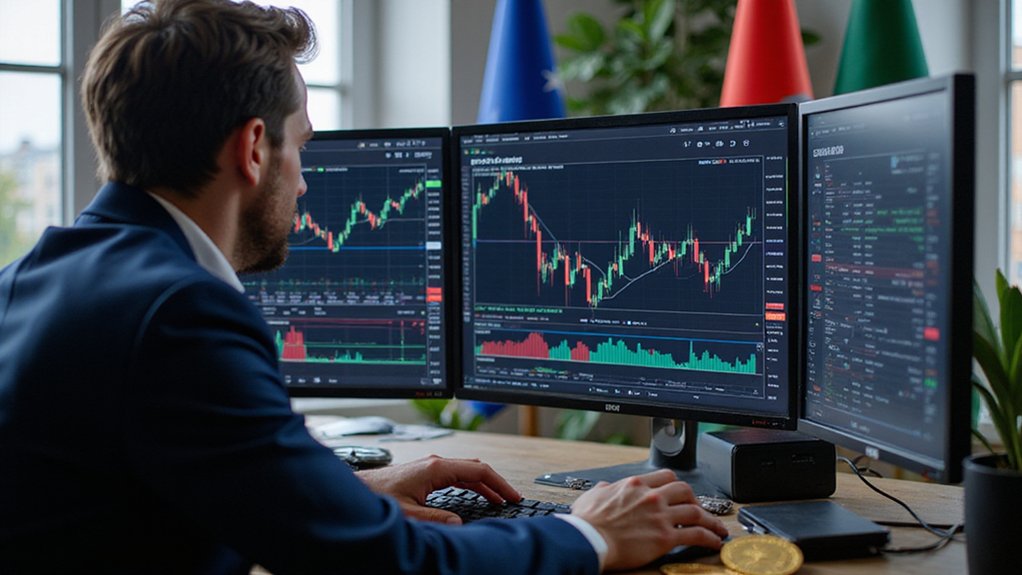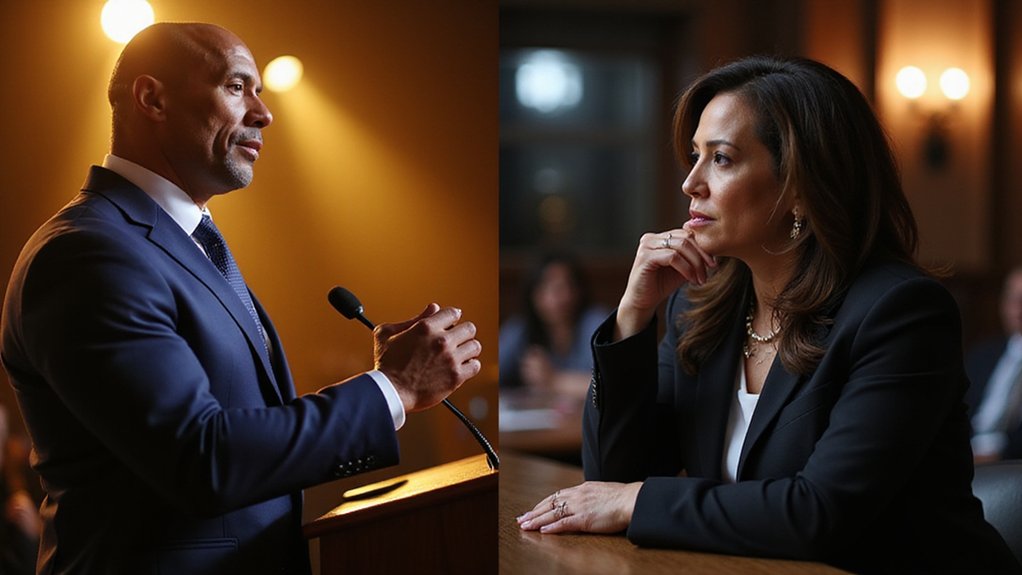Social trading platform eToro made a splashy entrance into public markets, pricing its initial public offering at $52 per share—a figure that handily exceeded the company’s initial expected range of $46 to $50.
The company increased its offering to approximately 12 million shares, up from the originally planned 10 million, with half representing newly issued stock and the remainder coming from existing shareholders looking to cash in on the fervor.
Trading commenced on Nasdaq under the ticker “ETOR” on May 14, 2025, following an order book that closed early due to demand outstripping supply by a factor of ten—a level of oversubscription that would make even the most jaded investment banker raise an eyebrow.
Unprecedented investor appetite drove ETOR’s debut, with demand eclipsing available shares tenfold—a rarity even in today’s frothy IPO market.
The IPO’s success translated into approximately $620 million in total capital raised, with the company pocketing nearly $310 million from new issuances while existing shareholders collected a similar sum from their stake sales.
Should underwriters exercise their 30-day option contracts, an additional $93 million could swell eToro’s coffers.
The resultant $4.2 billion valuation surpasses earlier projections, cementing eToro’s position in the fintech firmament alongside its primary competitor, Robinhood.
Unlike its American-focused rival, eToro boasts a primarily European customer base, with 70% of users hailing from Europe and the UK.
The platform, which initially gained traction through CFD products before expanding into stocks and cryptocurrencies, distinguishes itself with features like copy trading—allowing novices to mirror the moves of more experienced investors (for better or worse).
The successful listing represents a significant comeback story for eToro, whose previous attempt to go public via a SPAC merger in 2022 collapsed under regulatory scrutiny.
The company had filed for its IPO back in March before temporarily shelving plans due to market uncertainty.
The company’s pivot to a traditional IPO path—despite continued regulatory challenges particularly regarding U.S. cryptocurrency services—appears vindicated by the robust investor demand.
Major institutional players, including BlackRock, helped fuel the outsized interest that ultimately propelled eToro’s valuation beyond even the most optimistic projections.
The deal was orchestrated by a prominent group of financial institutions with Goldman Sachs and Jefferies serving as lead underwriters, alongside UBS Investment Bank and Citigroup supporting the successful market debut.
Unlike Robinhood, which offers commission-free trading on 19 cryptocurrencies with fractional buying starting at just $1, eToro’s crypto offerings have faced more significant regulatory hurdles in the U.S. market.









